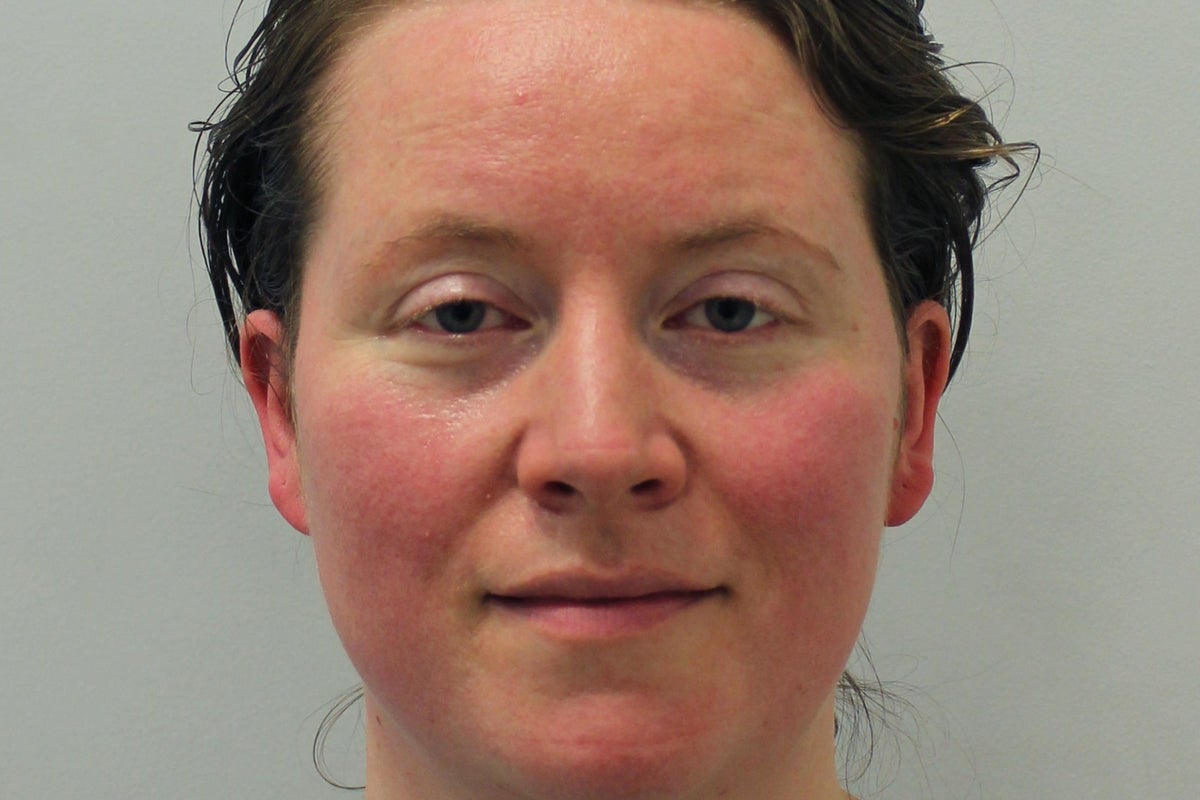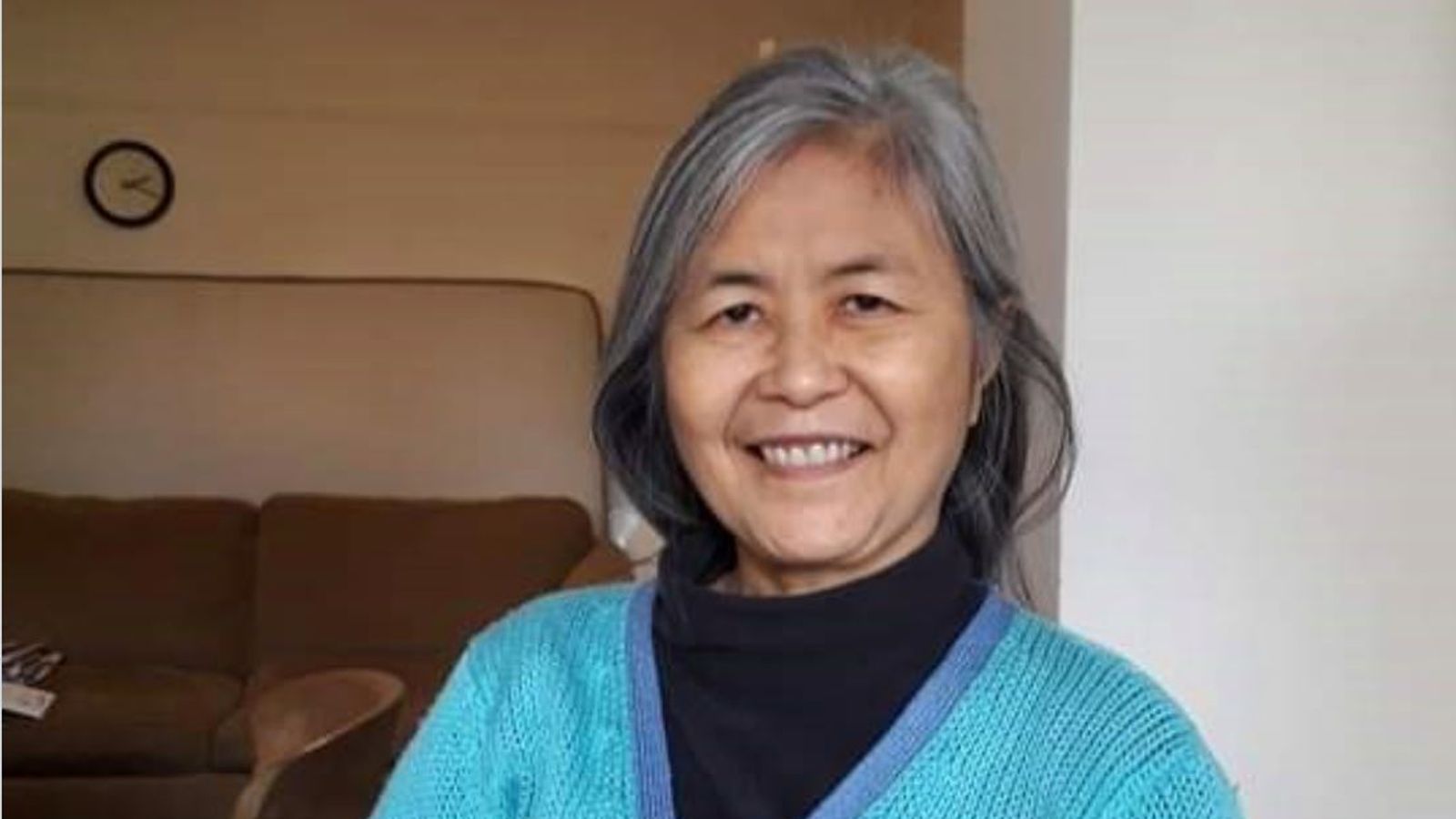
An osteopath found guilty of murdering her friend and dumping her body in woodland will be sentenced on Friday live on television.
Jemma Mitchell, 38, was found guilty at the Old Bailey on Thursday of decapitating devout Christian Mee Kuen Chong, 67, in June 2021 and driving her body 200 miles from London to Devon in a hired Volvo.
Ms Chong’s body was found by holidaymakers beside a footpath near Salcombe, sparking the investigation that led to Mitchell’s conviction and which revealed a fake will in her possession in which the bulk of Ms Chong’s estate was left to her.
Mitchell, originally from Australia, is alleged to have been angered by Ms Chong – a Malaysian divorcee, also known as Deborah, whom she had met at church – backing out of an offer to give her £200,000 to pay for repairs to the former’s dilapidated family home in Willesden, said to be worth £4m.
Standing in the dock on Thursday, the defendant appeared impassive and closed her eyes briefly as the verdict was delivered and has since been remanded in custody ahead of sentencing.
That will now take place on Friday, with Judge Richard Marks KC filmed for broadcast as he hands down his sentence at the Old Bailey.
It is only the second time cameras have been allowed into an English criminal crown court to record a sentencing and the first in which the defendant is a woman.
A new law to allow the change was introduced in 2020 but the scheme was delayed by the Covid-19 pandemic.
With concerns having been expressed for the protection of victims, witnesses and jurors, only the judge will be filmed.
Dame Vera Baird KC, the victims’ commissioner for England and Wales when the decision was announced in late July, has said that transparency is key to retaining confidence in the British justice system.
“Allowing cameras into courts to film sentencing remarks is a first step and an important milestone in achieving this, but its implementation requires careful consideration of the victim and their needs,” she said.
“Judges will need to explain the reasoning behind their sentencing decisions in a way that is comprehensible to the public and not just legal professionals.”

The move has also received support from the lord chief justice of England and Wales, Lord Burnett of Maldon, who hailed it as a “very positive” step in promoting open justice.
“We all hoped that we would start filming sentencing remarks in high-profile criminal cases in the summer of 2020 and, were it not for Covid, that would have happened – but now it is happening,” he said.
“I think it’s an exciting development, because it will help the public to understand how and why criminals get the sentences they do in these very high-profile cases.”
The Ministry of Justice said it hoped that allowing the public to see and hear judges explain the reasoning behind their sentences would give a better understanding of how decisions that appear controversial are reached.






